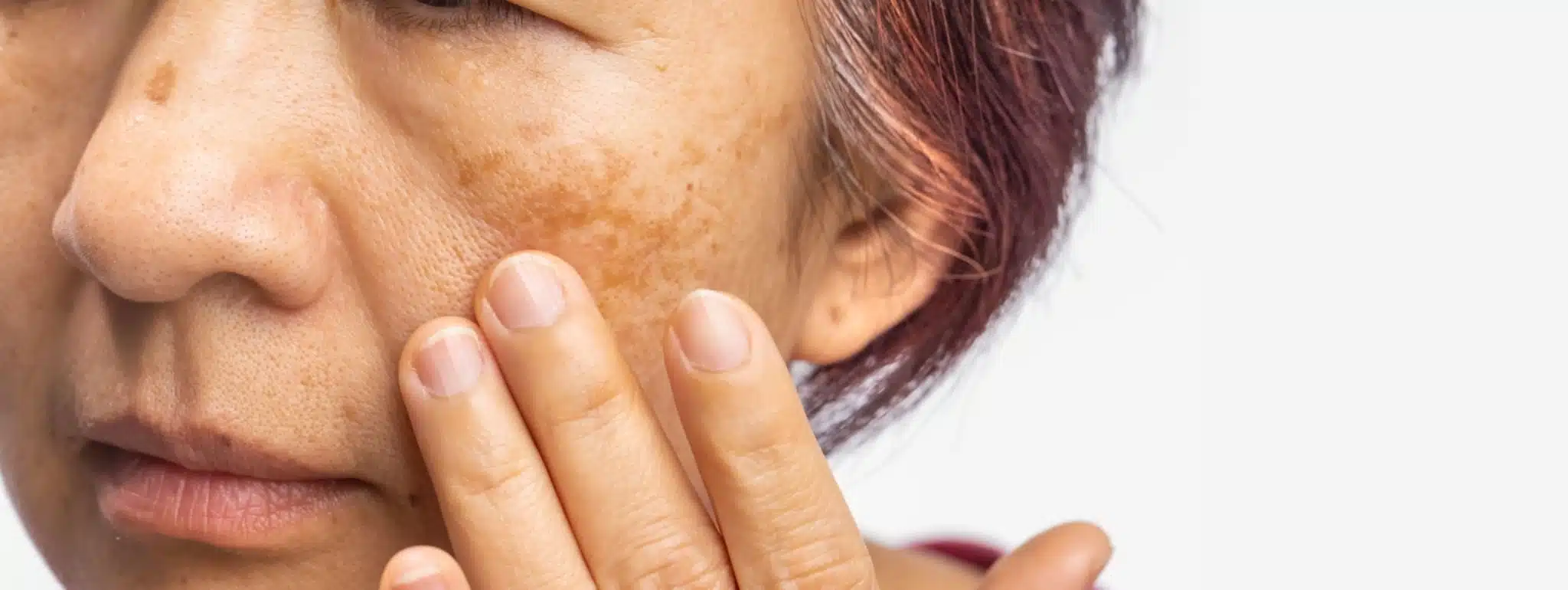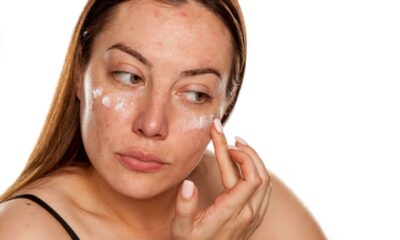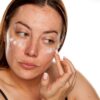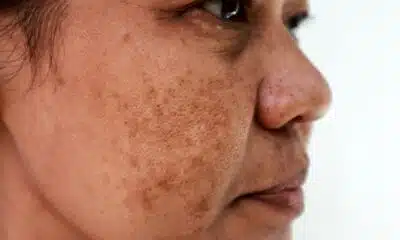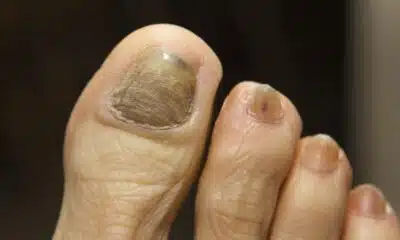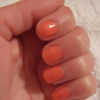HEALTH
Hydroquinone for Melasma: Frequently Asked Questions
Melasma is a common skin disorder marked by discolored, dark areas on the face. It can be a frustrating and humiliating illness, but there are various treatments. Hydroquinone is one of the most popular therapies for melasma. This potent skin-lightening agent has been found to reduce the appearance of melasma, but it is not without risks and adverse effects. If you are considering the use of hydroquinone to treat melasma, there are some important considerations to keep in mind. We will answer some of the most frequently asked questions concerning hydroquinone and melasma in the section below.
What is Hydroquinone?
Hydroquinone is a skin-lightening agent that inhibits the formation of melanin, the pigment responsible for your skin’s color. It is commonly used to treat hyperpigmentation, including melasma, and is available in both over-the-counter and prescription formulations.
How Does Hydroquinone Work for Melasma?
Hydroquinone acts to diminish the appearance of melasma by inhibiting the formation of melanin in the skin. This can be especially beneficial for persons with darker skin tones, who may find that other melasma treatments are less effective. By decreasing the amount of melanin in the skin, hydroquinone can reduce the appearance of melasma and restore an even skin tone.
Is Hydroquinone Safe?
Hydroquinone is thought to be safe when used as intended, although it can have negative effects, particularly if it is administered inappropriately. Common adverse effects include inflammation, redness, and itching of the skin. Rarely, hydroquinone can also induce an allergic reaction or sensitivity of the skin. If you suffer any bad effects while using hydroquinone, you must discontinue use immediately and consult a physician.
How Do I Use Hydroquinone for Melasma?
Hydroquinone is normally used once or twice daily in the form of a cream or lotion for the afflicted areas of the skin. The formula’s potency will vary depending on the severity of your melasma and whether you are taking an over-the-counter or prescription formulation. Follow the directions on the product’s packaging and consult your doctor to determine how to utilize hydroquinone most effectively for your requirements.
How Long Does it Take for Hydroquinone to Work for Melasma?
Hydroquinone might take varying amounts of time to treat melasma, as every individual’s skin is unique. Some individuals may experience recovery within a few weeks, while others may require many months. Results will vary depending on the degree of your melasma and the potency of the hydroquinone formula you are using, so it is vital to be patient and follow your doctor’s or dermatologist’s advice.
Are There Any Alternatives to Hydroquinone for Melasma?
If you do not feel comfortable utilizing hydroquinone or if it does not work for you, you have other options. Retinoids, kojic acid, and vitamin C are other topical therapies for melasma. In addition to chemical peels and laser therapy, your doctor may also offer additional forms of treatment. It is essential to explore your treatment options with a healthcare professional in order to establish the optimal course of action for your unique needs.
What are the Side Effects of Hydroquinone?
Hydroquinone is generally regarded as safe for topical application to the skin, although like with all topical medications, it might induce adverse reactions in some individuals. Redness, irritation, and dryness are the most frequent adverse effects of hydroquinone. Rarely, hydroquinone may produce an allergic reaction or skin damage. Consult your physician before using hydroquinone if you have sensitive skin or a history of skin problems.
Can Hydroquinone Treat Melasma Permanently?
Hydroquinone can lighten dark spots and improve the appearance of melasma, however, it is not a permanent treatment. The dark areas may resurface if you stop taking hydroquinone, and you may need to continue using the cream to maintain results.
Is Hydroquinone Safe for Long-Term Use?
Hydroquinone’s long-term safety has not been conclusively proved. According to a number of studies, chronic usage of hydroquinone may raise the chance of getting skin cancer or other health issues. However, additional research is required to confirm these findings, and the use of hydroquinone for melasma when prescribed is generally deemed safe.
Conclusion
Hydroquinone is a common alternative for treating melasma, however, it is not a permanent solution. It is not well proven that long-term use is safe, and some individuals may develop negative effects. If you are considering hydroquinone for melasma, it is essential to discuss the potential dangers and benefits with your doctor. Your doctor can help you select the most effective alternative treatment, such as retinoids or light-based therapies.




